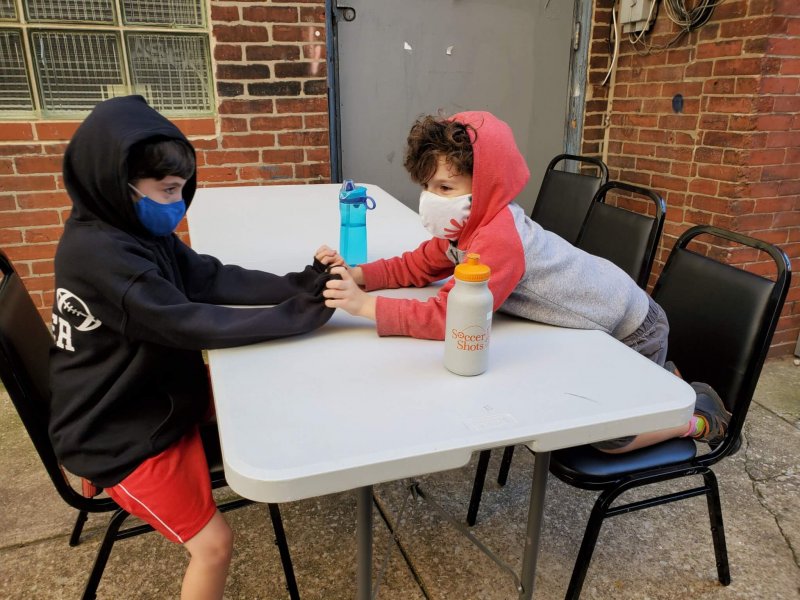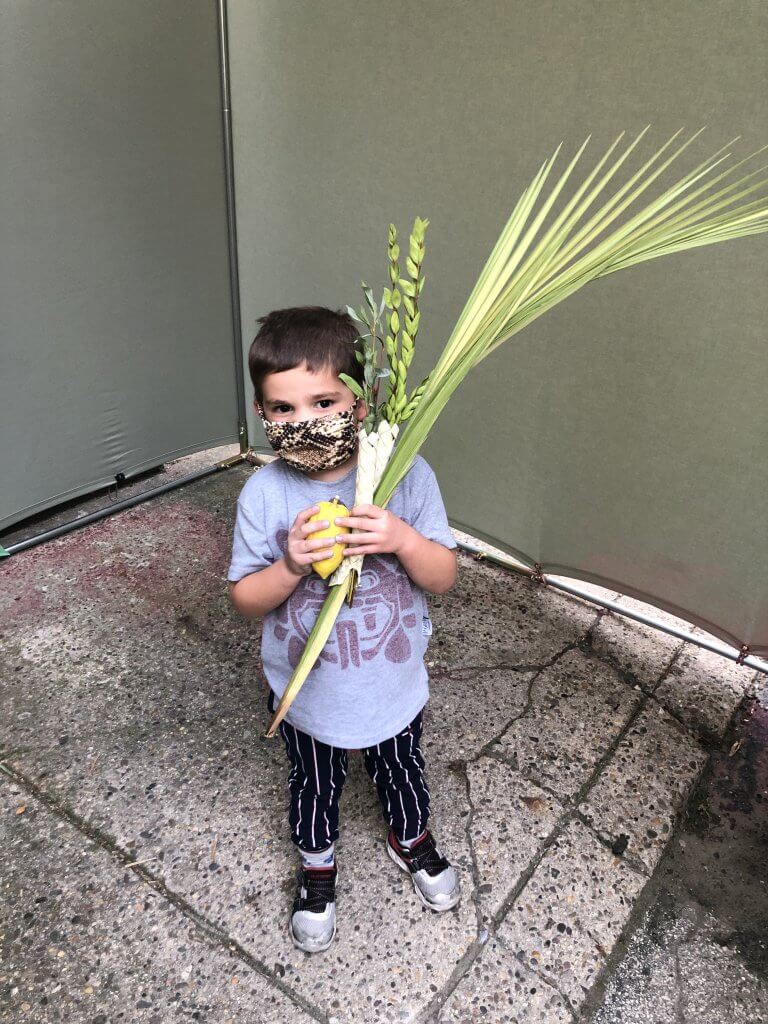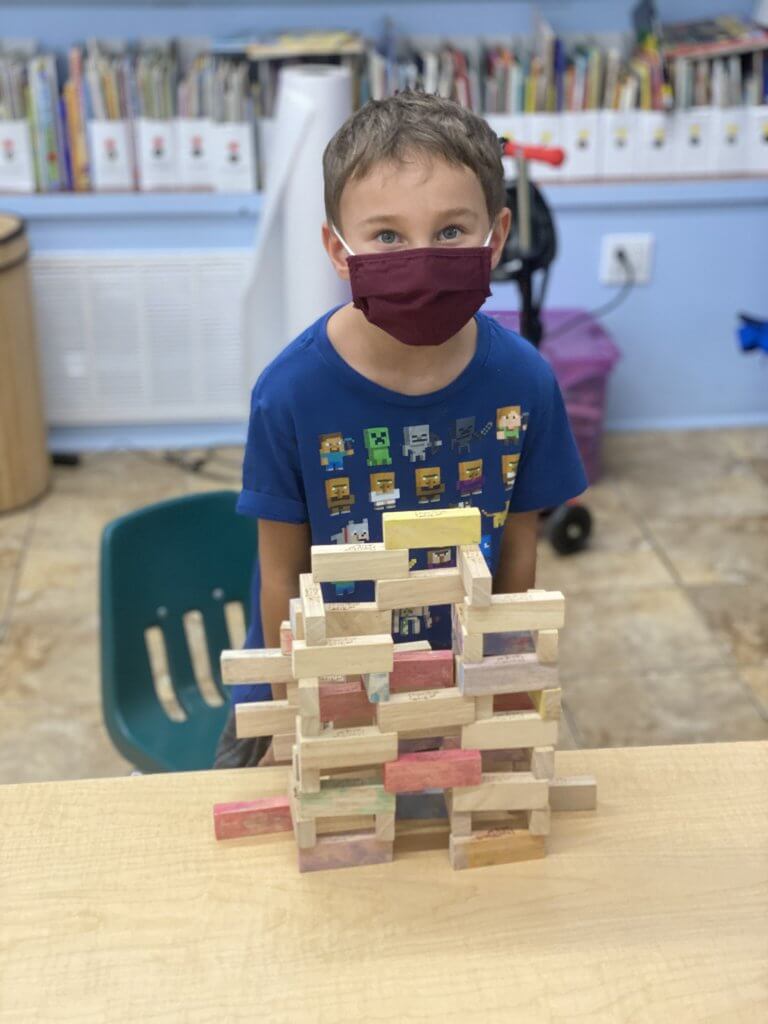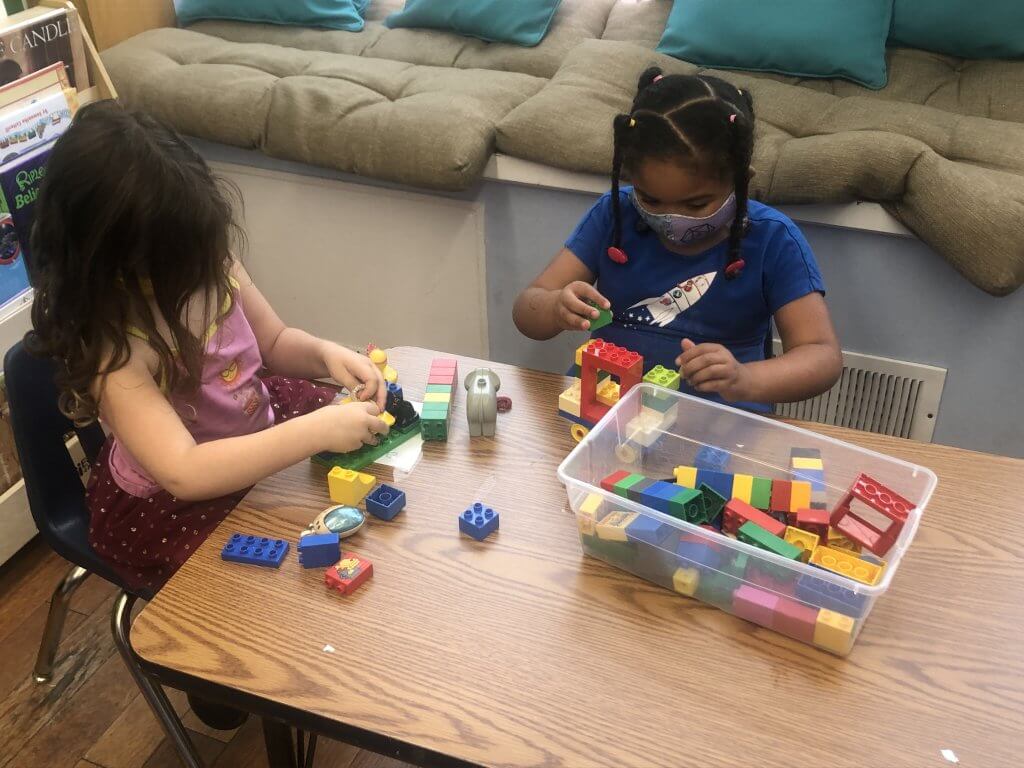
Last week we explored a story in Torah which dealt with some pretty challenging themes of punishment and justice. Some people in Bnei Yisrael had relationships with people in another community that weren’t healthy and that God didn’t like. Those relationships led people in Bnei Yisrael to pray to idols instead of God. God, in a fury, sent a plague to punish the entire community. God instructed Moshe, “Take all the ringleaders and have them publicly impaled before God, so that my wrath may turn away from Bnei Yisrael” (Numbers 25:4). A man named Pinchas followed this instruction directly and killed several of the offenders, thus ending the plague.
Here are some questions the Garinim had about this story:
- What happened to the people not in Bnei Yisrael who were participating in the problematic relationships? Did they get the plague too?
- Did the plague happen to everyone in Bnei Yisrael? Even to Moshe and Aharon?
- How were those relationships bad choices? Like if someone is just part of your family, how can that be a bad choice?

What do you think about God punishing the people with a plague? Or about the plague stopping because Pinchas killed the specific people who made the mistake?
- Not fair! Not just!
- Killing is never a helpful way to correct a problem.
- If there were a list of things you could do to tell someone “no” or “I don’t want this,” killing shouldn’t even be on the list. Not in the entire universe.
The Shorashim (1st-2nd graders) agreed that this wasn’t such a good reaction from God:
- God could have used words instead.
- God should have just said stop doing that.
- It was only statues, you shouldn’t be killed for something like that. You should just stop.
- Why would God punish everyone, not just the people who did the bad thing?
- They should just fix their mistake.

The Garinim continued to process the story by building and drawing it according to their imaginations:
- The figure up here on the tower is God looking down on Pinchas killing the people in the bad relationships.
- I showed God in a cloud. Pinchas’s arms are reaching all the way up to the cloud/God – they are “helping hands.”
- I think God is the sky, so my [lego] creation has lots of wings. The orange one makes sunsets and the blue one makes the new day in the morning.
- I drew people praying to idols, and a floating face in the sky that’s God being angry with them.
- God is over here on the highest tower, like a wizard floating up. The pebbles represent connecting all the people together. These are Moshe and Pinchas, and the people hiding behind these branches are the people making bad choices.
As the story continues, we discover that God rewarded Pinchas for his actions with an everlasting brit shalom (pact of friendship) not just for himself but for the rest of the priesthood forever. How do we imagine God was feeling at this moment?
- Very happy
- Proud
- Thankful

The learners thought that even though God had very positive feelings, it doesn’t make sense for this brit (two-way promise) with one person to last forever with lots of other people. We discussed why we make a new brit every year at Makom Community.
- We are different every year.
- There are some new kids.
- What if there are changes [to us or Makom]?
- Now there is Coronavirus so now we have to wear masks [–sometimes there are changes to our world].
- New year needs a new promise.
- There were some old kids who aren’t here anymore, so the brit might have made sense for them but won’t make sense for us now.
- Creating a new brit every year helps us remember the things on it.
- Ideas are always changing, so it doesn’t make sense for the promise to never change.
Looking forward to the rest of this year’s brit-building process so we can see how this unique group of kiddos in this unique moment will choose to phrase their care and love for each other and their community. Stay tuned!
